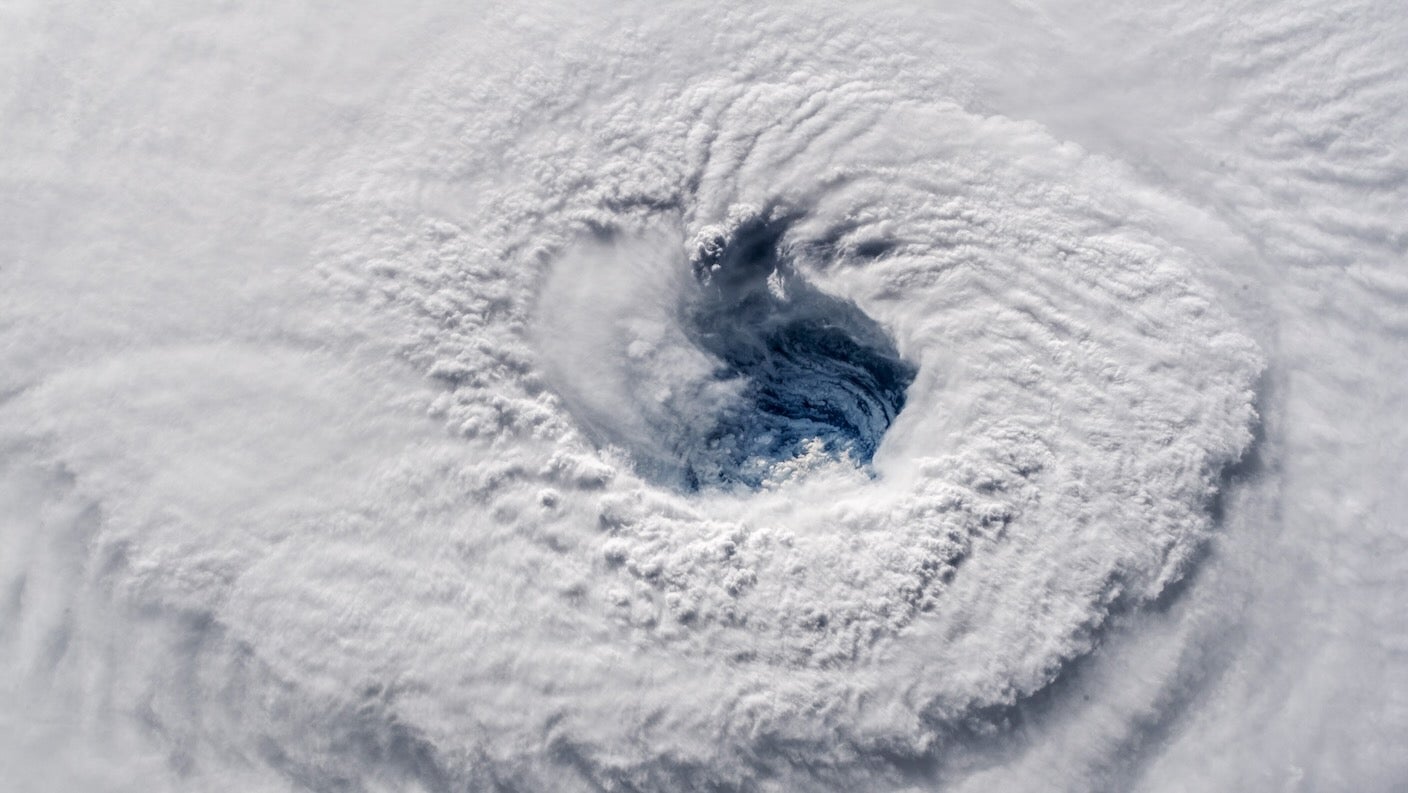New AI Weatherman from Google DeepMind Becomes the Most Reliable System Globally

The Future of Weather Prediction: AI Takes the Spotlight
Recent Weather Patterns and Challenges
This year has been marked by unpredictable and extreme weather events across the United States. The southwestern region faced intense heat due to "heat domes," leading California to experience an unusual "second summer" in October, causing several cities to shatter heat records. Additionally, Hurricanes Helene and Milton battered the Gulf Coast, resulting in severe rainfall and flooding. The rapid intensification of these hurricanes surprised even experienced meteorologists, highlighting the growing unpredictability of weather due to climate change.
The Role of AI in Weather Forecasting
When it comes to preparing for extreme weather events, timely and accurate forecasts are critical. To this end, artificial intelligence is becoming increasingly important in weather prediction. Recently, Google DeepMind introduced GenCast, an advanced AI model that can predict the weather up to 15 days in advance in just minutes, significantly faster than traditional methods that typically take hours. In tests pitting GenCast against the European Center for Medium-Range Weather Forecasts (ENS) model, GenCast triumphed over 90% of the time.
Innovative Features of GenCast
GenCast is DeepMind’s latest breakthrough in weather prediction technology. Unlike earlier models that provided a single weather outcome, GenCast generates multiple forecasts—sometimes over 50—each offering a different potential path for future weather developments. This allows the AI to "imagine" numerous possible outcomes and determine which is most likely to happen.
The AI showed not just efficiency in daily weather predictions but also excelled in forecasting extreme conditions such as storms and high winds. In a notable example, GenCast accurately visualized potential paths for Typhoon Hagibis, one of Japan’s deadliest tropical cyclones, seven days before it made landfall.
Addressing the Challenges of Weather Prediction
Weather forecasting has always presented significant challenges due to its chaotic nature. Even small shifts in initial conditions can escalate into significant weather events, making accurate predictions difficult. Traditional methods rely on complex physical simulations and vast amounts of real-time data, which can take hours to process and generate a forecast.
AI-based systems are changing the game by leveraging decades of historical data to identify weather trends. A model like GraphCast, for instance, can predict the weather for ten days using more than a million data points in less than a minute. Other international efforts, such as Pangu-Weather and NowcastNet from China, are also contributing to advancements in this field.
Embracing Uncertainty with Ensemble Forecasting
What sets GenCast apart is its reliance on an ensemble forecasting model. While many traditional AI models yield a single prediction trajectory, ensemble forecasting provides a broader perspective by presenting various possible weather scenarios. This approach is increasingly recognized as beneficial, as it equips decision-makers with a more nuanced understanding of likely weather patterns.
GenCast utilizes a diffusion model, which incorporates 12 key atmospheric metrics like temperature, humidity, and wind speed. By training the AI on 40 years of historical weather data, GenCast produces a variety of forecasts, each starting from slightly different initial conditions—akin to the "butterfly effect."
Speed and Accuracy in Service of Preparedness
One of the key strengths of GenCast is its superior speed; it can generate accurate predictions in about eight minutes, a significant improvement over the hours required by traditional supercomputers. This swift processing provides additional lead time for emergency responses during severe weather events.
GenCast demonstrated its predictive capabilities during Typhoon Hagibis, showcasing its potential for providing valuable advance warnings for tropical cyclones. These longer-range forecasts not only assist in emergency management but are also beneficial for optimizing renewable energy planning, such as wind power production.
The Wider Landscape of AI in Meteorology
GenCast is not alone; other AI-driven models such as Nvidia’s FourCastNet and various Google Research projects are also making strides in weather prediction. These models operate with lower energy costs and integrate smoothly into platforms like Google Search and Maps, providing timely weather updates.
Despite these innovations, experts emphasize that AI tools like GenCast will not replace meteorologists. Instead, they complement the essential foundational work done by climate scientists, and DeepMind plans to share aspects of GenCast with the wider meteorological community for further collaboration and insights.





